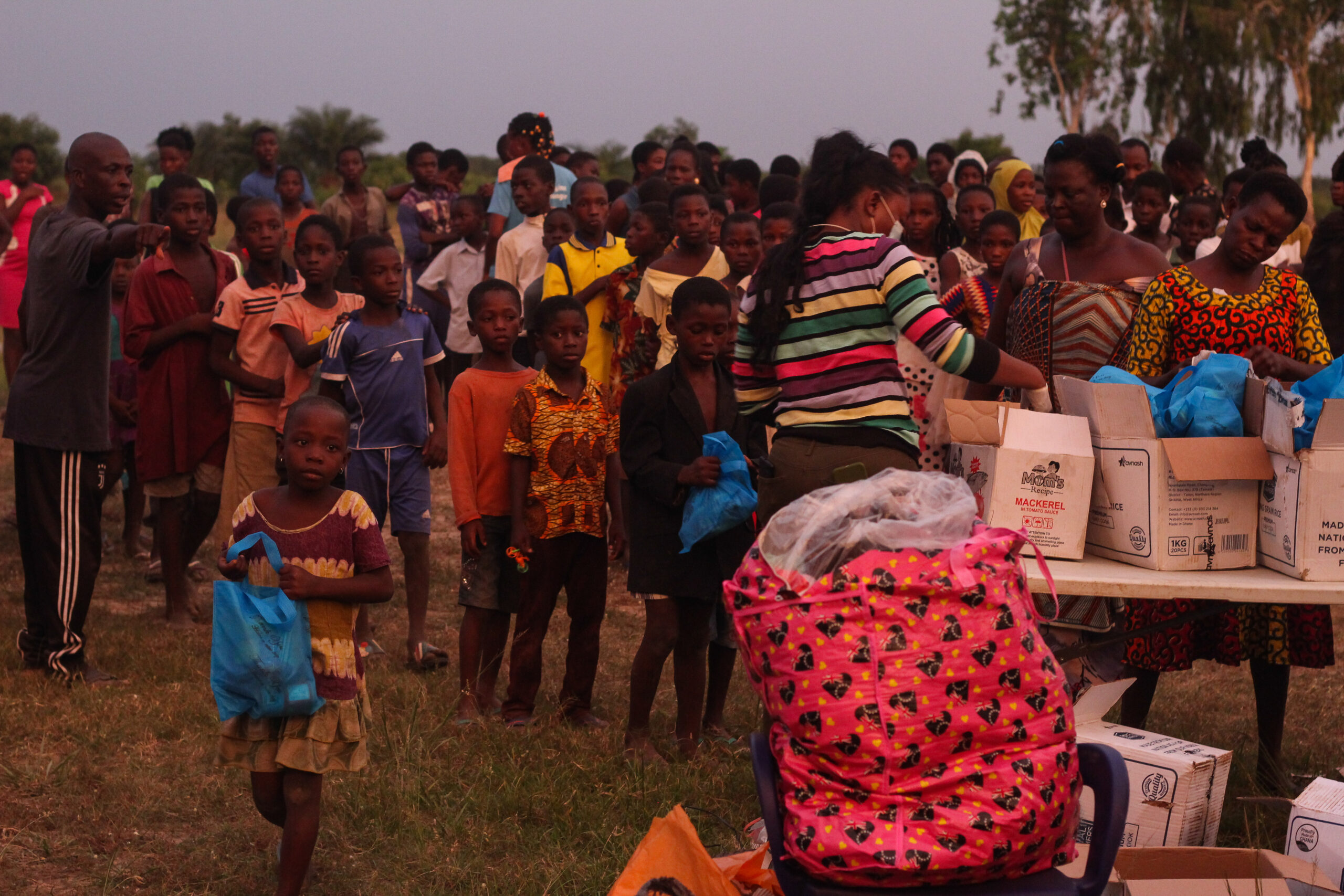
Lunch Box: “A Covid-19 Inspired” School Feeding Initiative For Vulnerable Schools Currently Not Under Ghana School Feeding Programme
- Advertisement -
School feeding programmes have been a key response to the recent food and economic crises and function to some degree in nearly every country in the world. School feeding is a multi-sectoral intervention with effects across education, health and nutrition, and with the potential for benefits across a life course.
The Ghana School Feeding Programme (GSFP) was initiated in 2005 as a social protection intervention in the context of the Comprehensive African Agricultural Development Programme (CAADP) Pillar III and in response to the first and second Millennium Development Goals (MDGs).
- Advertisement -
In other countries, school meals and school feeding have provided consistent and reliable channels to address children’s nutritional and educational issues as well as offer livelihood and food crop marketing opportunities. While the programme has been important in increasing enrolment and providing nutrition, there have been various challenges including public perceptions of a programme plagued with political partisanship, manipulation and expediency and this has limited Government of Ghana’s effort in implementing the programme in all basic schools across the country.
- Advertisement -
Read More: Ghana COVID-19 Recovery Plan and Integrated Assembly Financing Framework launched
To complement Government effort and create an alternative private sector-led school feeding initiative, Food for All Africa in 2016 started the Food for All Ghana School Feeding program working with 12 schools both public and private basic schools in low-income communities to provide free and subsidized school meals to children. It aided in establishing school feeding kitchens in the poorest and unreached primary schools in order to provide a daily hot nutritious meal to students throughout their school year. Food for All School Feeding Program aims to provide nutritious meals to enhance the students’ health and encourage them to attend school and increase their ability to concentrate and comprehend in class. The school feeding program covers schools that are currently not under the Government of Ghana’s school feeding program.
The unique proposition about the program is that, FFAA works with student’s mothers and School PTAs by providing training for some mothers to become caterers who are paid to prepare the meals for the school children.

FFAA also mobilizes support to build and equip school kitchens for beneficiary schools under the program and after a year, beneficiary schools are capable to sustainably manage their internal school feeding without any support.
The COVID-19 pandemic brought to a halt the educational calendar of all schools in Ghana and had many implications on the Ghanaian economy including the livelihood of parents and their children. Schools were greatly affected as many of them collapsed. In an effort to ensure school children get access to food support whiles at home during the lockdown, Food for All Africa worked with School authorities to deliver food bags on monthly basis within their homes.
An intervention that was highly effective and ensured school children and their immediate families had a means to regular nutrition.

In anticipation to Government of Ghana re-opening schools, Food for All Africa carried out an assessment on its school feeding program started in 2016 and with a grant from Beiersdorf CWA, The Global FoodBanking Network and United Way Global, 25 deprived schools across Greater Accra, Central, Eastern, Ashanti and Volta regions of Ghana are benefiting from one academic year supply of free food ingredients, PPEs, Hygiene materials and training for school feeding caterers. This would go a long way to relieve parents of the burden of having to spend more money on their children’s school meals as well as keeping children in school.
Food for All Ghana School Feeding Program rebranded as the LunchBox School Feeding Initiative is a private sector led school feeding program that helps vulnerable and food-insecure children to get the education they desperately need to build a life free of poverty.
LunchBox provides a nutritious daily school meal to children who would otherwise go hungry. This meal encourages children to attend school and enables them to concentrate and learn while they are there. Children are supported – from pre-school, through to primary school

- Advertisement -
Food for All Africa also provides credit facilitation for food and groceries procurement for schools and community organizations to buy bulk food at very affordable prices and an arranged monthly payment plan.
The project also expresses a special recognition of the immense efforts of school meals as a means of empowering children to get access to education, and this is exactly what provides the basis for the financing model of the project, where companies, supermarkets, but also private individuals can donate money or material goods such as food or cash towards supporting the program.

With 6400+ school children currently benefiting from the initiative, the objectives of Lunch Box School Feeding Initiatives are:
1. To set up a daily supply of one hot meal per day to school children in deprived schools currently not covered by the Government school feeding program.
2. To support deprived schools to set up and operate their own school feeding initiative managed by School Authorities, Parent Teacher Association and School Management Council.
3. To establish school kitchens for schools in Ghana to have safe and hygienic spaces for the preparation of school meals.
4. To provide support for unemployed mothers to have a means of livelihood by working as caterers for their children’s schools.
5. To empower schools and community organizations across Ghana to have access to affordable food procurement and flexible payment plans.
6. To provide safe spaces and hygienic conditions for school children to have school meals.
7. To mobilize private sector support towards improving school meals across Ghana
To support or enquire more information on Food for All Ghana LunchBox School Feeding Initiative,
To Donate towards the Food for All Ghana LunchBox School Feeding Initiative through *789*8000# or Mobile Money: 0553413100.
Kindly Contact info@foodforallafrica.com or +233247223821
- Advertisement -

